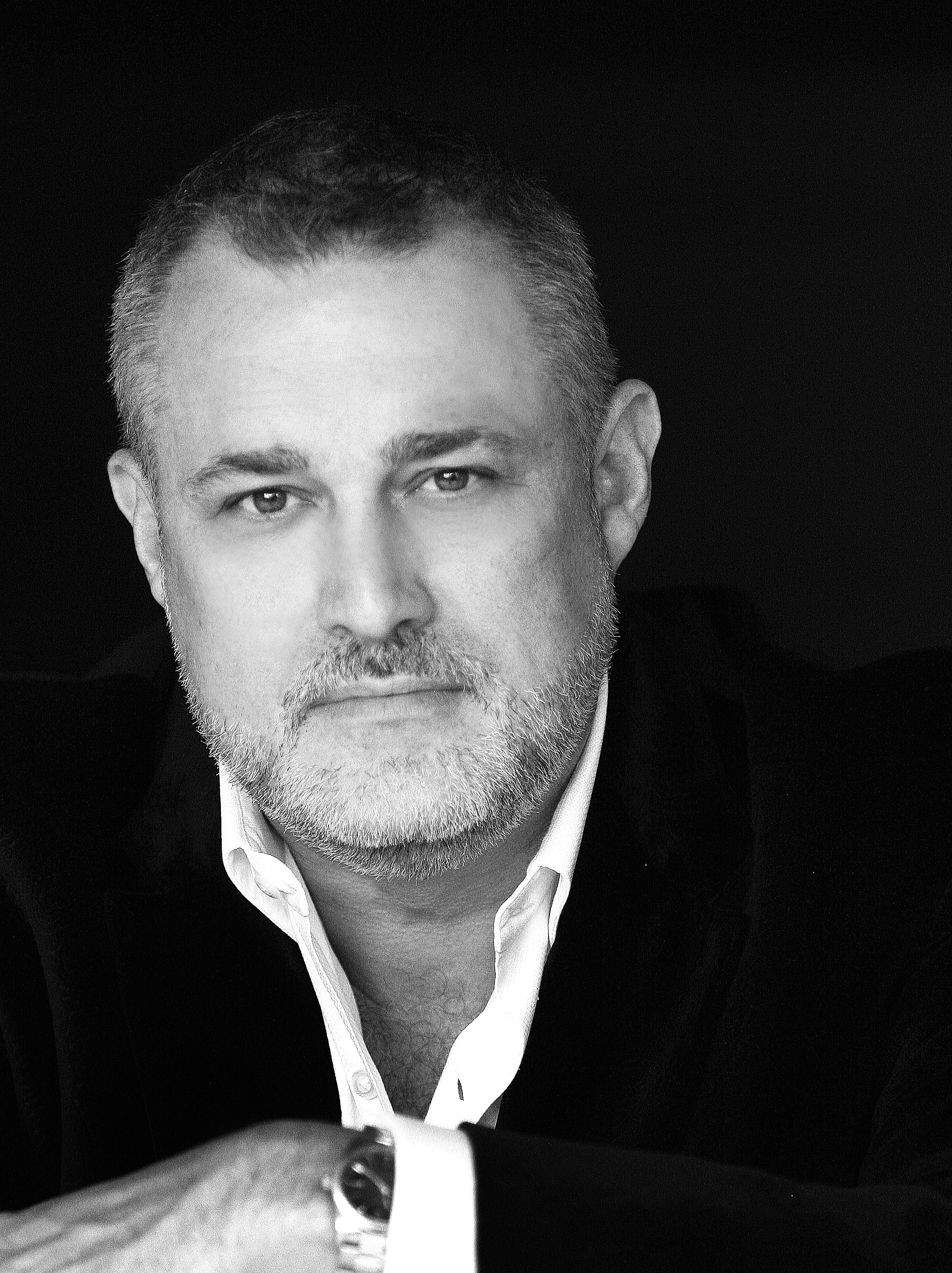Why Big Companies Should Act Like Smaller Companies
Why Big Companies Should Act Like Smaller Companies https://csuiteold.c-suitenetwork.com/advisors/wp-content/themes/csadvisore/images/empty/thumbnail.jpg 150 150 jeffreyhayzlett https://secure.gravatar.com/avatar/7d20a01ed9c1d91ad616e067720c7767?s=96&d=mm&r=g
News is everywhere.
What used to be limited to newspapers, TV, and radio has morphed to social media feeds, cable news, and podcasts. While the delivery methods have changed, we are still consuming news.
Americans spend 7.5 hours a day engaging with media, from traditional to new. Of that, we only spend about 14 percent of that time looking at news, according to a study published earlier this year.
Study after study shows that local TV is still the preferred method of getting the news – 4 out of 5 adults, or 83 percent, trust their local news stations over national network news (78 percent) and cable news channels (71 percent).
Also, newspapers remain a steady source for news, but there’s no question the landscape continues to change. According to a Pew Research survey, 10 percent of U.S. adults receive their news from a print source often, and 22 percent claim they sometimes get their news from a newspaper. While 60 percent of respondents get their news from a smartphone, computer, or tablet.
With the industry in such turmoil, smaller newspapers have closed, and many of the larger chains have sold, gone bankrupt, or consolidated over the last decade.
Despite this outlook, there are rays of hope in the industry. Local newspaper website traffic continues to rise and 73% of US adults trust their local newspapers, according to Poynter.
“Investing in local journalism, that to me is the bedrock of success for the future,” said Tony Hunter, CEO of McClatchy, one of the larger local newspaper publishers in the country. McClatchy runs news websites and newspapers in 29 cities and staffs a news bureau in Washington D.C.
Tony is an industry veteran and knows plenty about newspapers and comeback stories. He helped what is now known as Tribune Publishing through the 2008 recession. That’s when I met him. He was a CEO with a positive attitude and big ideas. While times have changed, Tony’s leadership style hasn’t.
“This year my motto is ‘expect to win’,” Tony said during a recent C-Suite Network Digital Discussion. “You got to believe you can win and we’re having some successes. But I think getting our folks to come to work expecting to win is so important.”
Tony admits it can be a tall order. McClatchy filed for bankruptcy last year and eventually purchased by hedge fund Chatham Asset Management.
“We’ve been through bankruptcy, we’ve got the headwinds,” Tony said. “We’ve got all this ‘poor us’ coming from the media as well about our sector. A big part of being a good leader, I think, is going down the path of winning.”
Despite the sunny outlook, Tony knows McClatchy doesn’t have a lot of time to waste “turning that battleship.”
“I could have taken more time, but I didn’t because of the circumstances. Because of my experience frankly graduating from the school of hard knocks. I know what not to do,” Tony said. “What I’ve learned is action is better than talk. So, let’s get started and pivot along the way.”
Tony said while the media landscape is constantly changing, he is calling on his time at Tribune to help at McClatchy. Through the wisdom of experience, he “pulled out his transformation handbook” and got to work in building a business plan and while getting his senior executives on board.
I like to call it getting everyone drinking the Kool-Aid. Tony takes a more business-like approach – in that they started acting like a small company. He says the larger you are the more that fight for everyday survival disappears. Large companies get complacent and aren’t as nimble, allowing for disruptors to come and shake up the industry.
“(small) Companies fight like hell to survive. I think that’s the kind of fight we need to have in our companies,” Tony said. “The larger you are the more that disappears.”
“We’re seeing some good results early,” Tony said. “We’re in the early innings. It’s a long game, but we’re off to a good start.”
Tony credits McClatchy’s move from being a publicly traded company to going private, helping speed up the process.
“We’re not chasing the next quarter. We’re really focused on how to reestablish ourselves in those 30 communities and become the preeminent media player in those markets,” Tony said. “That’s where the value is created. So, so in those 29 cities and Washington D.C., our goal is to create journalism that our consumers value and are willing to pay for.”
Tony and I talked a lot about what it takes to turn around a company and the type of leadership needed to accomplish that throughout the interview. He’s a talented guy who’s led a successful turnaround during one of the biggest economic downturns yet and I’m sure he’s going to succeed again.
If you want to hear our entire conversation and the insightful Q & A from our members, listen to the complete episode of All Business with Jeffrey Hayzlett with the player below.


